9000 Series Glass Particle Standards – available on request
Description
9000 Series Glass Particle Standards
Replace polystyrene spheres in many applications with Thermo Scientific? 9000 Series Glass Particle Standards, dry glass NIST?-traceable size standards. Glass microspheres can be used in any application that requires a NIST?-traceable size standard with a narrow size distribution where sample conditions may not be suitable for polystyrene spheres. The glass microspheres provide a better tolerance to chemicals and solvents in addition to higher mechanical and thermal stability.
The Glass Size Standards are highly uniform borosilicate or soda lime glass spheres calibrated with NIST-traceable methodology. Standards are ideal for the calibration of microscopes, light scattering instruments and other particle-measuring equipment. They are also used in laser light scattering studies and colloidal systems research.
Mean diameters have been calibrated with Thermo Fisher Scientific??s NIST?-traceable microscopy methods
Size distribution and uniformity are measured by optical microscopy
Spheres are used instead of irregularly shaped particles to minimize the response of analytical systems to shape effects
Products are packaged as dry spheres
Packages are lot-numbered for convenient technical service and support after the sale
9000 Series products from 2_m to 20_m are made from borosilicate glass, have a particle density of 2.5 to 2.55g/cm3?and an index of refraction of 1.56 at 589nm (25?C)
Products from 30_m to 2000_m are made from soda lime glass, have a particle density of 2.4 to 2.5g/cm3?and an index of refraction of 1.51 at 589nm (25?C)
Specifications
Additive
None
Content And Storage
Store at room temperature. Keep bottle tightly sealed to avoid contamination.
Description
The 9000 Series is available as uniform particles of borosilicate or soda lime glass in a range of discrete sizes from 2 ?m to 2000 ?m. Calibrated and certified with NIST traceable mean diameters, they are suited for particle measurement applications. They also have a better tolerance to chemicals and solvents, and a higher mechanical and thermal stability.
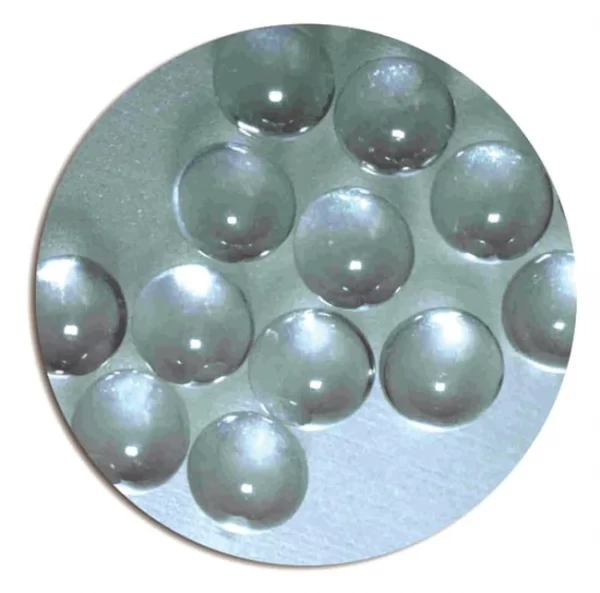


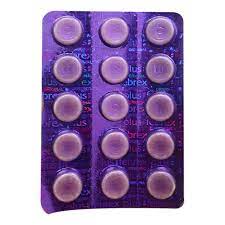

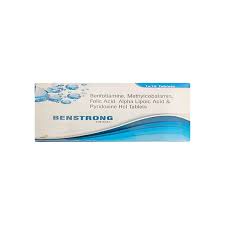

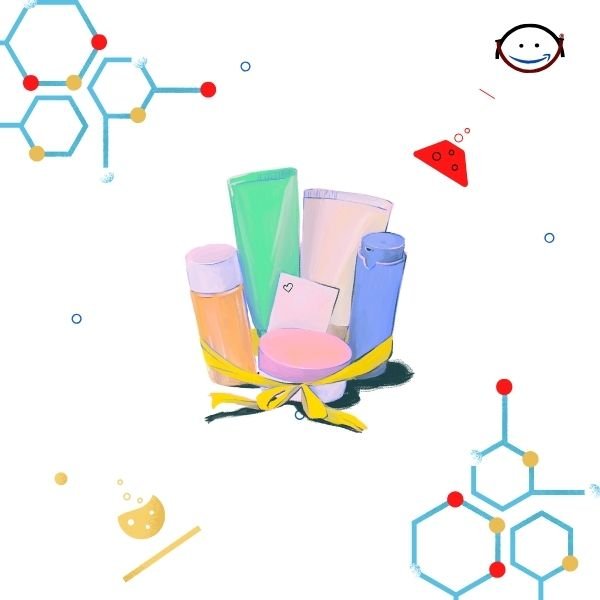
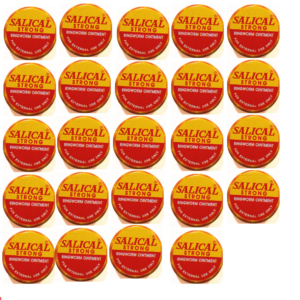
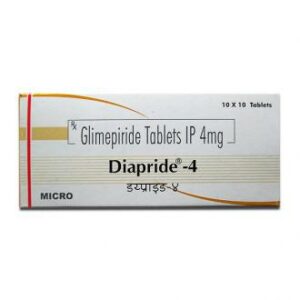
 No products in the cart.
No products in the cart. 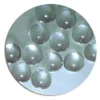
Reviews
There are no reviews yet.